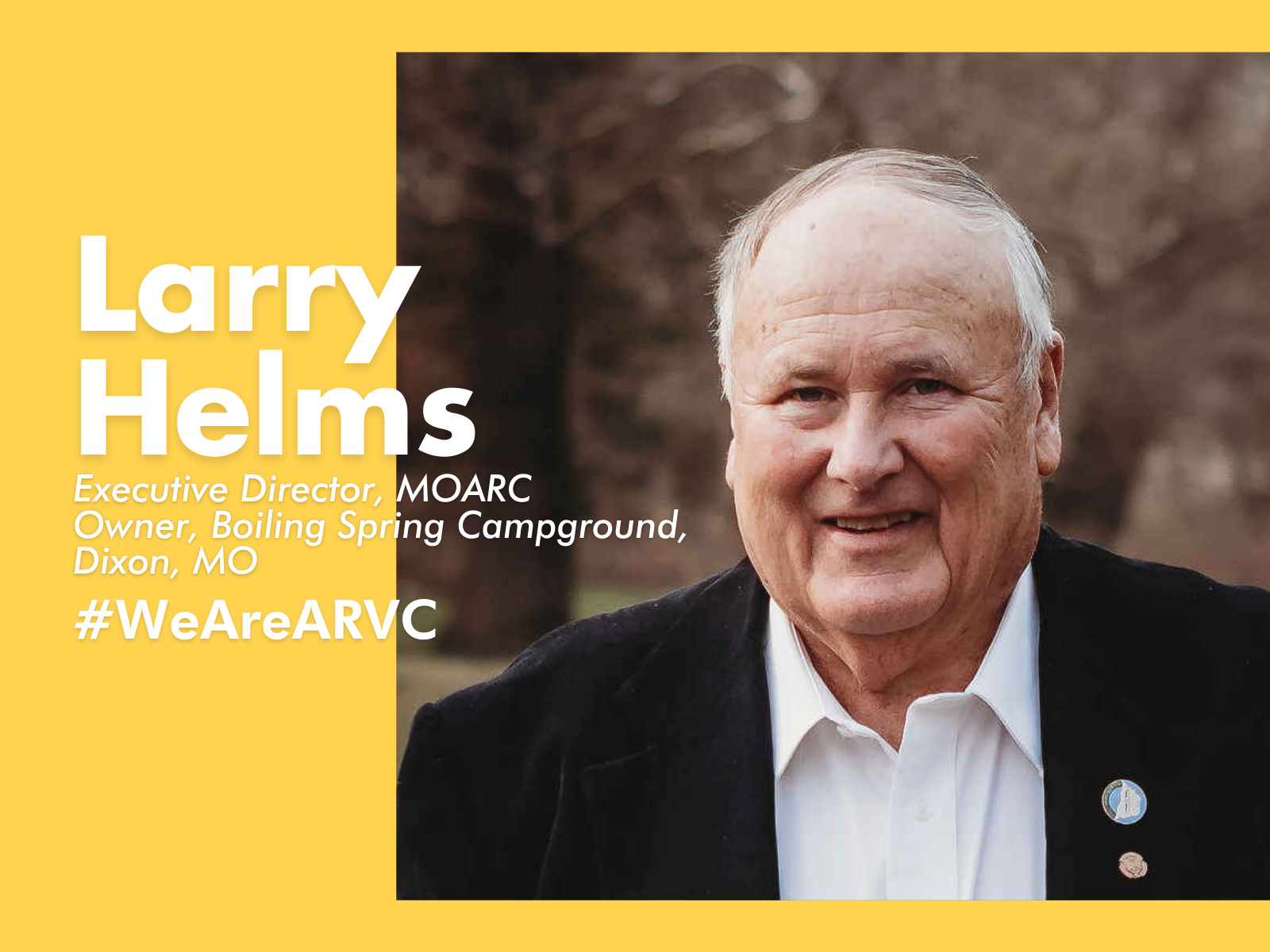ARVC member-parks love to welcome guests to their campgrounds. It’s what they do best. After all, we’re in the outdoor hospitality industry. But unfortunately, there are times when it becomes necessary to ask a guest to leave.
ARVC member-parks love to welcome guests to their campgrounds. It’s what they do best. After all, we’re in the outdoor hospitality industry. But unfortunately, there are times when it becomes necessary to ask a guest to leave.
This situation can arise when a guest violates your park’s policies, for example, through non-payment of site fees or by engaging in disruptive behavior that impacts your other guests. But what if your problem guest refuses to leave? That means it’s time to get your local law enforcement officials involved. And the key to success is knowing how to get them to help you right away instead of simply referring you to the local court system.
Words Matter
First of all, it’s very important to understand the difference between an eviction and an ejection, says Jeff Sims, CPO, OHC, and ARVC’s senior director of state relations and program advocacy.
“The real issue is when a park owner needs someone removed, they often call law enforcement for assistance and say, ‘I need you to help me evict this person.’ That’s the real problem, because when law enforcement hears the word ‘eviction,’ in many cases they interpret this as a landlord-tenant relationship and recommend relief through a civil action. Instead, parks need to ask for a guest removal or ejection.”
Mark Atkinson, owner and general manager of ARVC member-park Walnut Grove RV Park in Merriam, Kan., has had to eject a few people over the years.
“Our lawyers have said that this is not an eviction because we are not removing people from their home. We are only removing their property from our property.”
Reasons to Eject a Guest
According to ARVC’s position on guest removal/ejection, a private park owner/operator may eject or remove with the assistance of law enforcement any person who:
- Is not a registered guest or visitor of the campground, RV park or resort.
- Remains on the campground beyond an agreed-upon departure time and date.
- Defaults in the payment of any lawfully-imposed registration or visitor fee or charge.
- Creates a disturbance that denies other persons their right to quiet enjoyment of the campground necessary for the preservation of public peace, health and safety.
- Fails to abide by the posted written policies of the park.
- Violates any federal, state or local law.
ARVC has posted a Model Campground Agreement Template on arvc.org to provide members with sample wording to consider when creating their own agreements. While ARVC offers positions on this topic and others, we strongly advise you to consult your attorney regarding the viability of adding clauses to your guest agreement in order to help facilitate ejections.
It can also help to form a strong working relationship your local law enforcement officials in advance so if and when the need arises to eject a guest, the process will go more smoothly. That’s what George Lempenau, owner of ARVC member-park Arcadia Peace River Campground in Arcadia, Fla., has done. He says, “I have learned long ago that I would prefer an empty site to a bad camper.”






Leave A Comment